
A Little Change for The Diapers, A Big Change for The World | Eco Boom Baby Bamboo Diapers and Wipes Manufacturer
A Little Change for The Diapers, A Big Change for The World | Eco Boom Baby Bamboo Diapers and Wipes Manufacturer
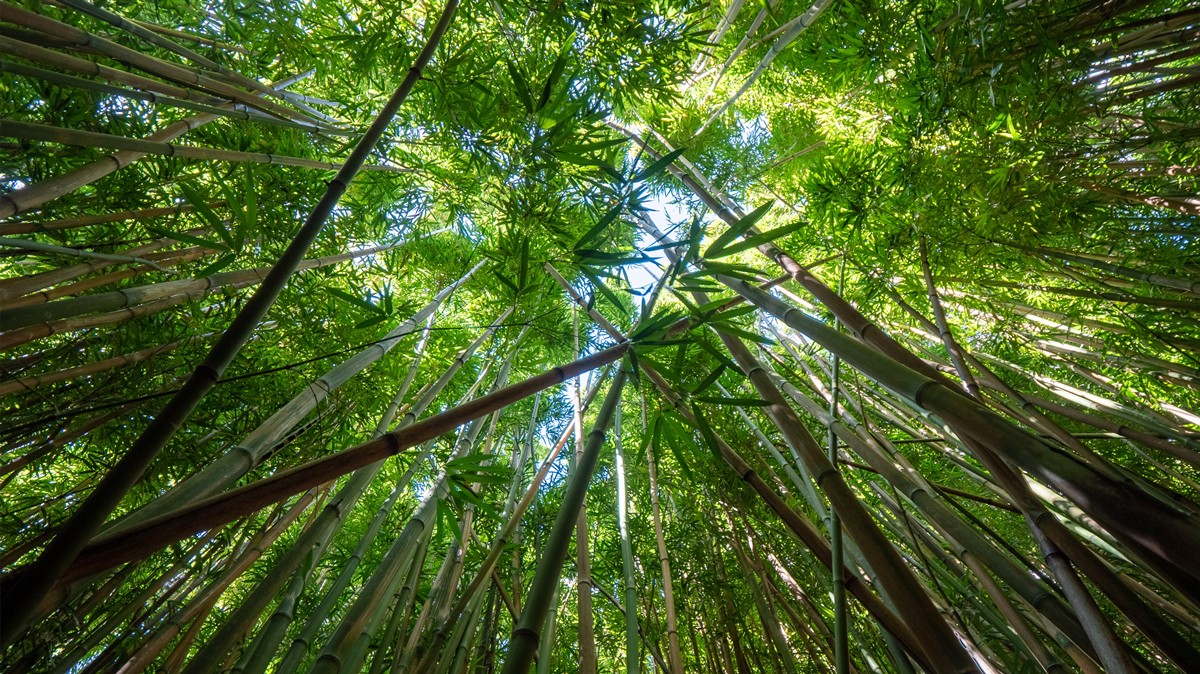
Deforestation, forest degradation and climate change are threatening the incredible diversity of life in forests. Bamboo can provide a solution.
Bamboo is common to tropical and subtropical forests around the world. Although it is not tree—bamboo is a grass—this plant plays a critical role in conserving biodiversity in forests. It is also widespread: recent research conducted by the International Bamboo and Rattan Organization (INBAR) and the Royal Botanic Gardens, Kew, categorized over 1600 identified species of bamboo, covering Africa, Asia and the Americas, as part of a World Checklist.
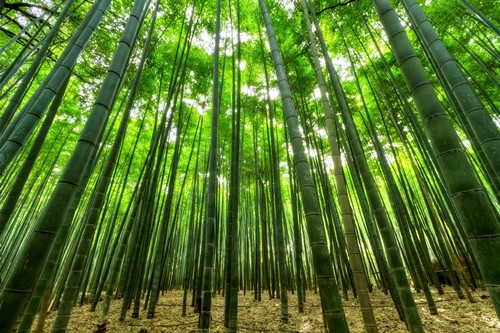
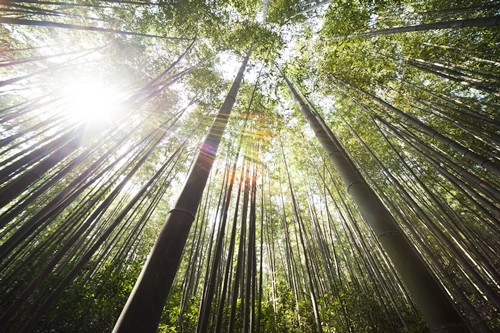
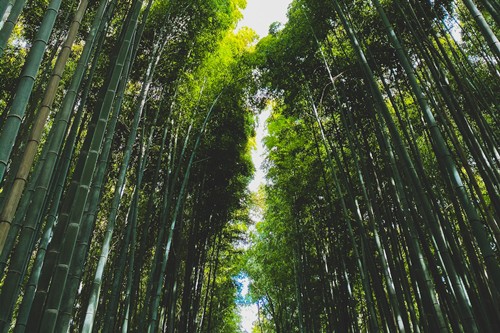
A source of food and shelter
A huge range of animals, including a number of endangered species, rely on bamboo for their needs. Most famously, the giant panda in Asia is renowned for its bamboo diet, eating up to 40 kg a day. It’s not the only one: the red panda, mountain gorilla, Indian elephant, South American spectacled bear, ploughshare tortoise and Madagascar bamboo lemur also rely on bamboo as a source of food.
As well as feeding animals in the wild, bamboo can be an important source of fodder for a range of livestock, providing inexpensive, year-round feed for cows, chicken and fish. Research conducted by INBAR has shown how a diet of bamboo leaves can provide a nutritious source of feed, and increase cows’ annual milk production, in Ghana and Madagascar.
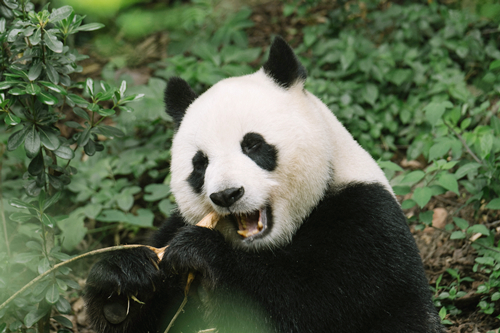

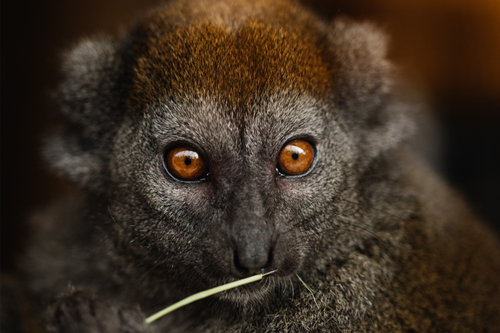
Important ecosystem services
A 2019 report published by INBAR and CIFOR provides an analysis of bamboo forests’ ecosystem services, which can be more varied and high-impact than grasslands, agricultural land and degraded or planted forests. In particular, the report references bamboo’s importance for providing ‘regulating services’, such as landscape restoration, landslide control, groundwater recharge and water purification, and its ability to support rural livelihoods. These attributes make bamboo an excellent replacement in plantation forestry, or in degraded lands.
Bamboo’s ability to restore degraded land is a particularly important ecosystem service for forests. Its long underground root systems mean that bamboos can bind soil, prevent water run-off and survive even when the biomass above ground is destroyed by fire.

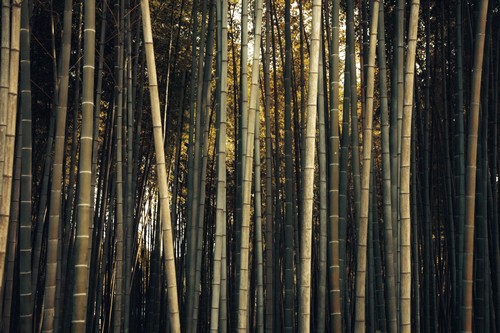
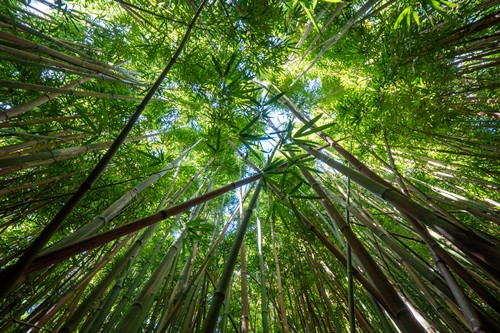
A sustainable source of income
As fast-growing, self-regenerating resources, bamboo can prevent deforestation, and associated biodiversity loss, by providing a renewable timber substitute. Because of its fast growth and higher culm density, bamboo forests can supply more biomass than both natural and planted forests, and have a higher production capacity for food, forage, timber, bioenergy and construction materials.
This synergy between biodiversity protection and poverty alleviation was evident in INBAR’s Dutch-Sino-East Africa Bamboo Development Programme, which planted bamboo in the buffer zones of two national parks. As well as providing local communities with a sustainable material for construction and handicrafts, the bamboo also serves to protect the habitat of local mountain gorillas. Communities are now invested in the management of local bamboo resources for biodiversity conservation.
A similar INBAR project is working to revitalise bamboo craftsmanship in Chishui, China. As part of a famous UNESCO World Heritage site, Chishui has strict restrictions in place to preserve its natural environment and protect its resources, including a ban on construction work, hunting and logging. UNESCO and INBAR are working together with Chishui Natural World Heritage Management Bureau on an initiative to support sustainable livelihood activities in Chishui, using fast-growing bamboo as a source of income.
ECO BOOM bamboo baby diaper is made of 100% bamboo viscose on the topsheet and backsheet which is 100% biodegradable. Bamboo fiber has high absorbency due to its fiber structure which is wider and longer than other fibers. Besides, as mentioned above, bamboo can grow 30 times faster than tree, so it is a more sustainable resource than trees for diaper industry.
Copyright © 2019 XIAMEN MK HEALTH CARE PRODUCT CO., LTD . | All Rights Reserved
We are here to help you! If you close the chatbox, you will automatically receive a response from us via email. Please be sure to leave your contact details so that we can better assist